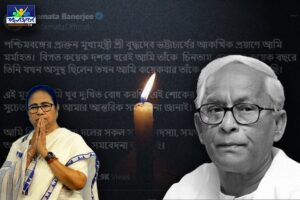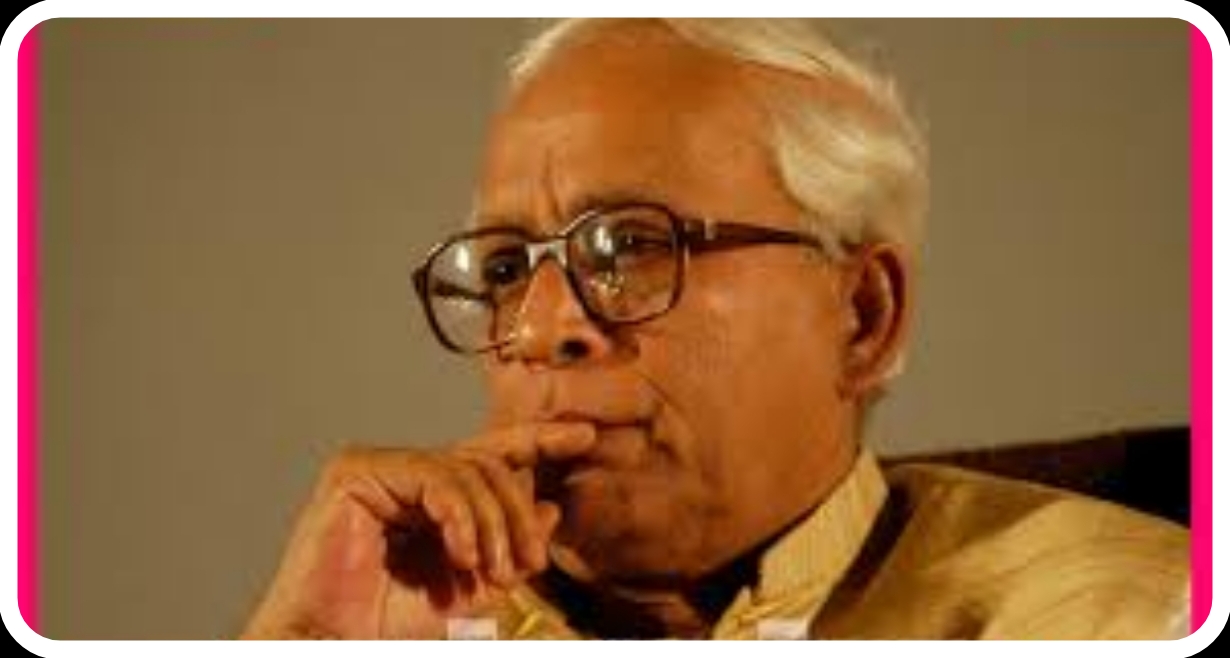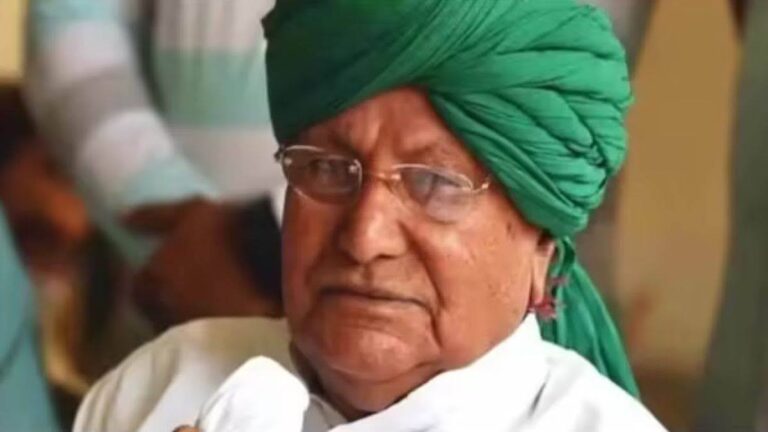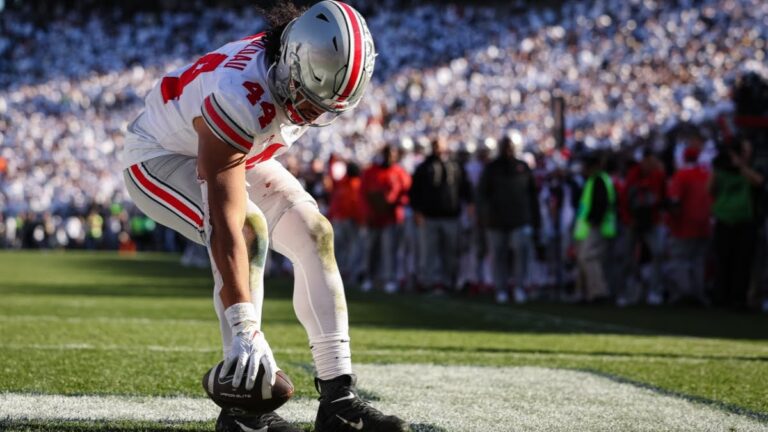Buddhadeb Bhattacharjee, a towering figure in Indian politics, especially in West Bengal, served as the Chief Minister of the state from 2000 to 2011. His tenure marked the end of the 34-year-long Left Front rule in Bengal, leaving behind a legacy that continues to influence political discourse in the region. His recent passing on August 8, 2024, at the age of 80, has brought his life, contributions, and family into the spotlight, offering a moment of reflection on his journey.

Buddhadeb Bhattacharjee: A Political Life
Buddhadeb Bhattacharjee was born into a Bengali family with a rich cultural heritage. He became a member of the Communist Party of India (Marxist) [CPI(M)] at a young age, driven by his commitment to Marxist ideology and his vision for social justice. His political career took off as he rose through the ranks, eventually becoming the Chief Minister of West Bengal in 2000.
During his tenure, Bhattacharjee focused on industrialization, attempting to bring economic reforms to West Bengal. His government initiated several industrial projects, including the much-debated land acquisition in Singur and Nandigram. These initiatives, however, met with significant resistance and controversy, particularly from the Trinamool Congress led by Mamata Banerjee. The protests against land acquisition, especially in Nandigram, became a turning point in Bhattacharjee’s career, ultimately leading to the decline of the Left Front’s dominance in the state.
Despite these setbacks, Bhattacharjee’s contributions to the cultural and intellectual landscape of Bengal were immense. He was known for his love of literature and cinema, and he worked to promote these fields during his time in office. His policies reflected a deep respect for Bengal’s cultural heritage, and he endeavored to make Kolkata a hub of cultural activities.
Buddhadeb Bhattacharjee’s Family: His Wife and Daughter
Buddhadeb Bhattacharjee’s personal life was marked by a strong bond with his family. He was married to Mira Bhattacharjee, who stood by his side throughout his political career. Mira, known for her quiet yet firm presence, was a pillar of support for Buddhadeb, especially during the turbulent times of his administration.
The couple has a daughter, Suchetana Bhattacharjee, who has largely remained out of the public eye, maintaining a low profile compared to her father’s high-profile political life. Suchetana, like her parents, is known to have a deep interest in the arts and intellectual pursuits, continuing the family’s tradition of valuing culture and education.
The Bhattacharjee family’s life has been one of simplicity and modesty, reflecting the values that Buddhadeb himself espoused. They lived in a modest two-room flat in South Kolkata, a residence that became symbolic of the former Chief Minister’s unpretentious lifestyle.
Buddhadeb Bhattacharjee’s Health Struggles and Passing
In his later years, Buddhadeb Bhattacharjee faced significant health challenges. Age-related ailments plagued him, leading to multiple hospitalizations and a gradual withdrawal from public life. His health issues were widely reported, with many expressing concern over his deteriorating condition.
On August 8, 2024, Buddhadeb Bhattacharjee passed away at his home in Kolkata. His death marked the end of an era in West Bengal politics. His passing was met with an outpouring of grief and tributes from across the political spectrum. Mamata Banerjee, the current Chief Minister of West Bengal, expressed her deep sorrow, acknowledging Bhattacharjee’s contributions to the state and offering condolences to his wife, Mira, and daughter, Suchetana.
The Impact and Legacy of Buddhadeb Bhattacharjee
Buddhadeb Bhattacharjee’s legacy is one of complexity and contradiction. On one hand, he is remembered as a leader who sought to modernize Bengal, pushing for industrialization and economic reform. On the other, his tenure is often associated with the controversies that arose from these very efforts, particularly the violent clashes in Nandigram and Singur.
However, beyond the political turmoil, Bhattacharjee’s impact on Bengal’s cultural life remains significant. He was a patron of the arts, literature, and cinema, and his efforts to promote these fields have left a lasting impression on the state. His intellectual pursuits and his commitment to Marxist principles, despite the challenges, continue to inspire many in Bengal and beyond.
Buddhadeb Bhattacharjee was also a symbol of the changing times in Indian politics. His career, marked by both successes and failures, reflects the broader shifts in Indian society and the challenges faced by the Left Front in adapting to a rapidly changing world. His life story is a testament to the complexities of political leadership, where idealism often meets the harsh realities of governance.



















